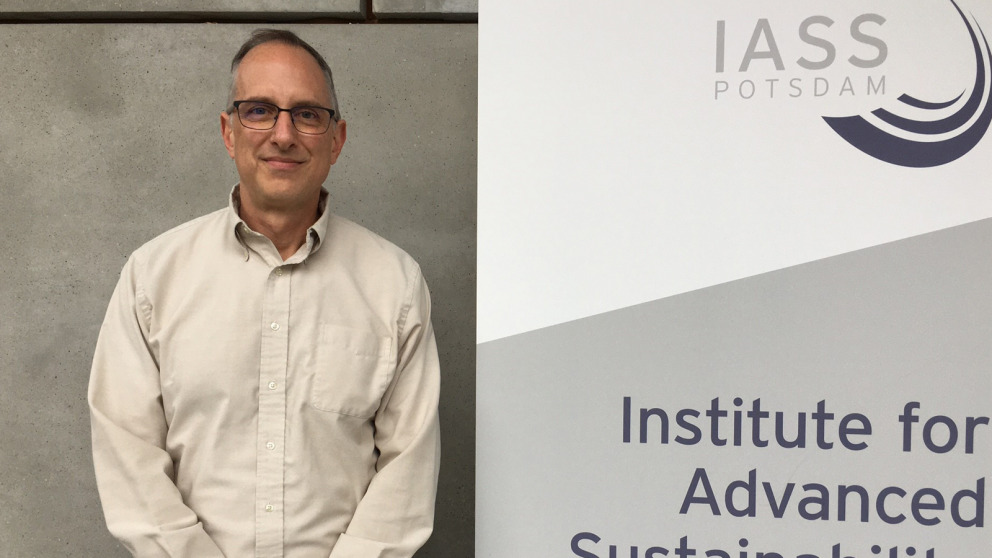Anti-populism Is Not an Effective Strategy for the Future
07.03.2022
One of our new IASS Fellows this year is John M. Meyer, who is professor in the department of politics at California State Polytechnic University, Humboldt (USA). Meyer helped launch two interdisciplinary courses at the university: one focusing on power and privilege in environmental studies, and the other focusing on environment and community. He was additionally pivotal in founding the academic field of environmental political theory. Currently, Meyer is working on the topic of populism, which he talks about in this brief interview.

What do you mean when you refer to the “ambiguous promise of climate populism”?
Prof. John M. Meyer: Populism can mean more than disinformation, more than exclusionary sentiments. At its core ‘populism’ revolves around a conflict between one group, identified as “the people”, and another group that is identified as “elites”. This same dynamic can be seen to a degree in climate activism, and climate justice activism specifically, where we find elements of the populist argument of “the people versus the elites”. But in Europe and North America populism is largely associated with the radical Right for now. One of the mistakes that many activists and academics make in responding to authoritarian populism, as it can be more properly labeled, is that they resort to an anti-populist discourse that appeals to notions of consensus and ideas about the way politics used to be before the rise of Trump and other authoritarian figures and phenomena. But anti-populism is not an effective strategy moving forward. That is why I’m looking for possibilities that tap into populism rather than simply reject it.
What is the effective response to populism?
J. M.: That is the harder question to answer. What I am interested in exploring is the way in which we might think more broadly about what counts as populism. For example: One of the arguments levelled against authoritarian populists is that they have politicized science and the issue of climate change. The same thing has occurred around the Coronavirus Pandemic and the issue of vaccines and mandates. Many people have responded by focusing on scientific consensus and on defending an understanding of science and politics as means of achieving agreement and consensus. But that can lead you into a certain kind of trap where we assume that science can and will solve all these complex political problems if only people would listen to the scientists.
The pandemic has seen the emergence of unexpected alliances between activists from the fringes of the Left and the Right. Is this a dangerous development?
J. M.: It certainly can be dangerous. The emergence of these “strange bedfellows”, as we say in English, is a reflection of the weakening of mainstream political parties and ideologies that have been dominant in Western democracies for the past couple of generations. My interest lies in considering how societies can respond effectively to this kind of threat.
What does the rise of populism signify?
J. M.: Firstly, populism means many different things to many different people; and many different things over time. If we focus on what I consider to be its core – the notion of a conflict between ‘the people’ and ‘the elites’ – then populism is symptomatic of a general mistrust of elites. And it is secondly a symptom of the weakness of dominant institutions and ideologies. For example, just one generation ago the SPD and the CDU dominated elections in Germany. That is now history. Many people no longer trust these once dominant institutions and parties with the task of holding elites to account. Populism in a variety of forms can be seen as a symptom of a growing sense that political and economic elites are out of control and out of touch with the interests of everyday people. It is symptomatic of a sense that problems are not being addressed effectively and that elites are not responsive to people within their societies. And that is often a very real experience. In that sense, populism is something that we can approach in lots of different ways.
More Information:
